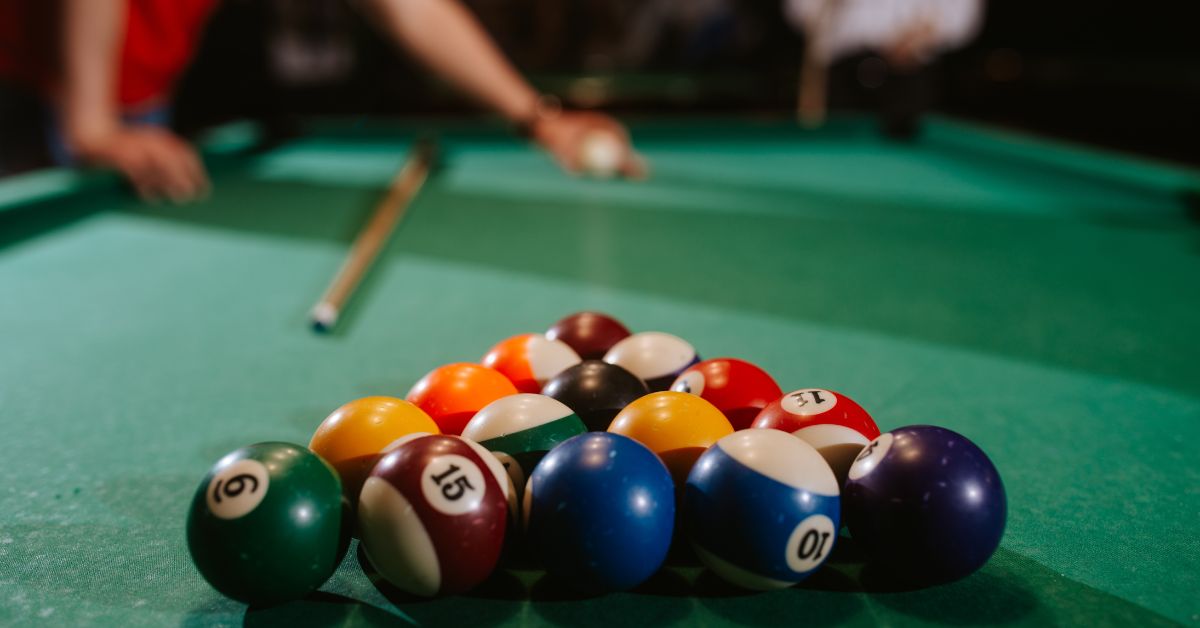Cheerleading’s Not a Sport?
Do you often hear people say “Cheerleading is not a sport”? Often we here that, and our response is “Well, yes cheerleading is most definitely a sport.” According to a report just released by the National Center for Catastrophic Sports Injury Research (NCCSIR) Cheerleading is one of the most dangerous sports that girls participate in.
Sports require active participation, physical exertion and levels of completion. Cheerleading meets all of these criteria and is for sure a healthy and fun and team building sport.
Being a sport and listed as a sport that is dangerous just reinforces how important it is for all levels of Cheerleaders to be health conscious and like all other contact and extreme sports you must focus on your cardio, strength and flexibility if you want to excel and have a long future in cheerleading.
These are the three areas of physical conditioning all cheerleaders must focus on in and out of cheer season.
CARDIO
Cardio refers to the aerobic exercise, which increases blood flow to the heart. Cheerleading routines are usually only several minutes long but time intensive practices and routines require lots of stamina. Cheerleaders who tire out after 30 minutes can cause a team to falter or a teammate to get hurt. Stamina helps cheerleaders perform the dance, stunts and tumbling flawlessly. Some suggestions for improving stamina are walking, running, biking, swimming or any other exercise done for long periods of time that cause you to sweat and increase breathing.
STRENGTH
Cheerleading uses every muscle in the body. Particularly important is the core, or midsection. The core consists of the abdominals, oblique’s and lower back. A strong core allows a cheerleader to balance and tumble. Flyers are able to balance better and bases are able to support more easily. Strength is also needed for fumbling. Hurling your entire body around in mid-air required tons of muscle strength. Some suggestions for improving strength are weight training doing just a few exercises a day with hand and leg weights. This will increase the muscle strength needed to cheer.
FLEXIBILITY
Flexibility refers to the ability to flex, or bend one’s body. Obviously, cheerleaders need to be flexible. Splits, heel stretches, high kicks, backbends, and jumps can only be executed well if a cheerleader has the flexibility to do so. Some suggestions for improving flexibility are to complete a series of stretches every day and hold those stretches for 30 seconds.
Cheerleading has come a long way since its first showing in 1898 when Johnny Campbell stood before a crowd during a Minnesota football game and lead the first organized group yell. Today, cheerleaders still yell, but they also jump, dance, stunt, stretch and perform all types of gymnastics. All of which require the use of a cheerleader’s entire body.


